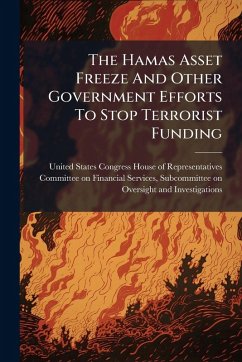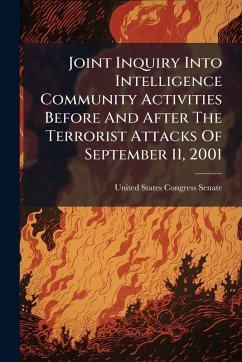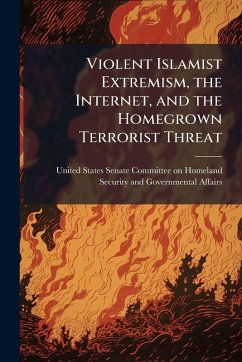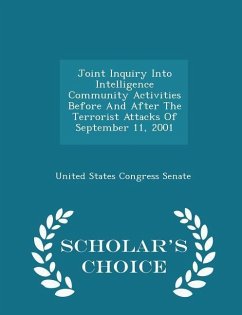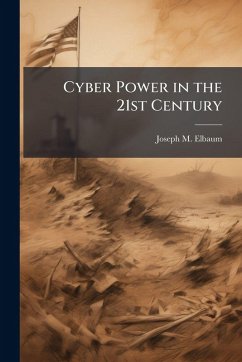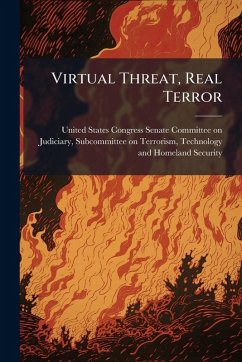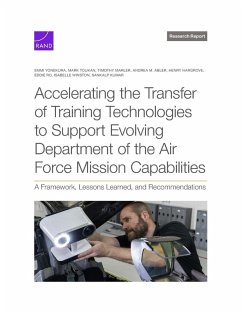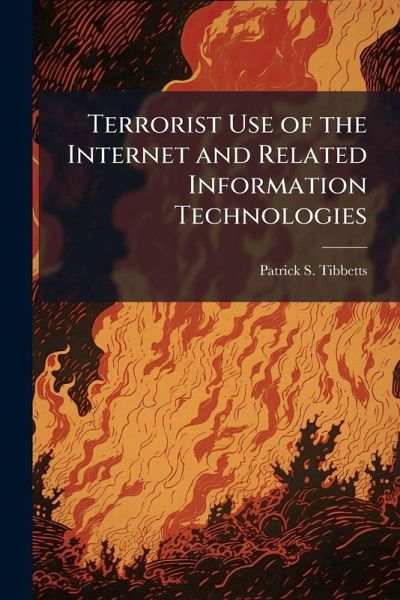
Terrorist Use of the Internet and Related Information Technologies

PAYBACK Punkte
8 °P sammeln!
Research Question: how will U.S. national security policy be affected by terrorist exploitation of the Internet and related information technologies? Information operations are nothing new; they have been used in military operations throughout the history of conflict. Arguably, however, the combination of breakneck speed of technological advances in information management systems and evolving threats to U.S. national security are redefining forever the nature of warfare. Some proponents have seen the great promise of information operations as the capability to mitigate, if not eliminate, the f...
Research Question: how will U.S. national security policy be affected by terrorist exploitation of the Internet and related information technologies? Information operations are nothing new; they have been used in military operations throughout the history of conflict. Arguably, however, the combination of breakneck speed of technological advances in information management systems and evolving threats to U.S. national security are redefining forever the nature of warfare. Some proponents have seen the great promise of information operations as the capability to mitigate, if not eliminate, the fog and friction of war by "seeing all." Consequently, current information operations doctrine seems to be focused squarely on the advantages of using leading edge technologies to obtain real-time intelligence, surveillance and reconnaissance, thus creating a "common operating picture" of a more or less traditional battlefield. However, as the recent terrorist attacks in New York and Washington illustrate, we will likely continue to face significant threats from elusive, unconventional enemies operating in the shadows of a nontraditional "battlefield." Moreover, because of the proliferation of cheap, dual-use information technology, these enemies may possess now, or acquire in the future, the technical expertise and hardware to further their own political agendas, harass and frustrate U.S. attempts to conduct information operations (perhaps even to the extent of negating U.S. information superiority altogether), or directly attack the U.S. infrastructure or population. Information technology has thus given terrorists their own ability to "see all" on their own traditional battlefield: the populations and civilian infrastructure of the nations they wish to influence or destroy. In order to answer the research question, the monograph will examine how transnational actors use the Internet and related information technologies to further their interests, with special emphasis on unc This work has been selected by scholars as being culturally important, and is part of the knowledge base of civilization as we know it. This work was reproduced from the original artifact, and remains as true to the original work as possible. Therefore, you will see the original copyright references, library stamps (as most of these works have been housed in our most important libraries around the world), and other notations in the work. This work is in the public domain in the United States of America, and possibly other nations. Within the United States, you may freely copy and distribute this work, as no entity (individual or corporate) has a copyright on the body of the work. As a reproduction of a historical artifact, this work may contain missing or blurred pages, poor pictures, errant marks, etc. Scholars believe, and we concur, that this work is important enough to be preserved, reproduced, and made generally available to the public. We appreciate your support of the preservation process, and thank you for being an important part of keeping this knowledge alive and relevant.




